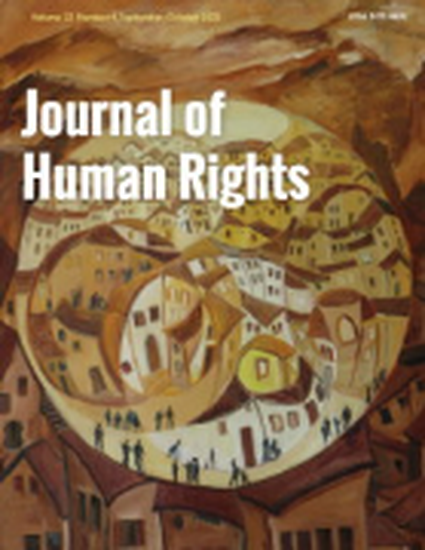
Article
The World Bank as an enforcer of human rights
Journal of Human Rights
(2020)
Abstract
Since the 1990s, the World Bank’s Inspection Panel and Compliance Advisor/Ombudsman (CAO) have responded to hundreds of human rights complaints filed by or on behalf of project-affected communities. Yet, little is known about complaint outcomes and factors that enhance the likelihood of complaint success. We theorize that complaints involving indigenous communities, or those pertaining to involuntary resettlement and severe environmental impacts, will be more likely to result in a favorable outcome due to the Bank’s novel policies governing these issues. We also expect that NGO-supported communities are more likely to succeed due to organizational capacity, expertise, and advocacy. We evaluate these expectations using an original dataset of Inspection Panel and CAO complaints (1993–2017). We find strong support for our expectations about indigenous communities, weak support for projects involving involuntary resettlement, and no support for environmentally-risky projects. NGO support is strongly associated with complaint success, perhaps principally due to screening.
Disciplines
Publication Date
September, 2020
DOI
https://doi.org/10.1080/14754835.2020.1786358
Citation Information
Kelebogile Zvobgo and Benjamin A. T. Graham. "The World Bank as an enforcer of human rights" Journal of Human Rights Vol. 19 Iss. 4 (2020) p. 425 - 448 Available at: http://works.bepress.com/kelebogile-zvobgo/6/
